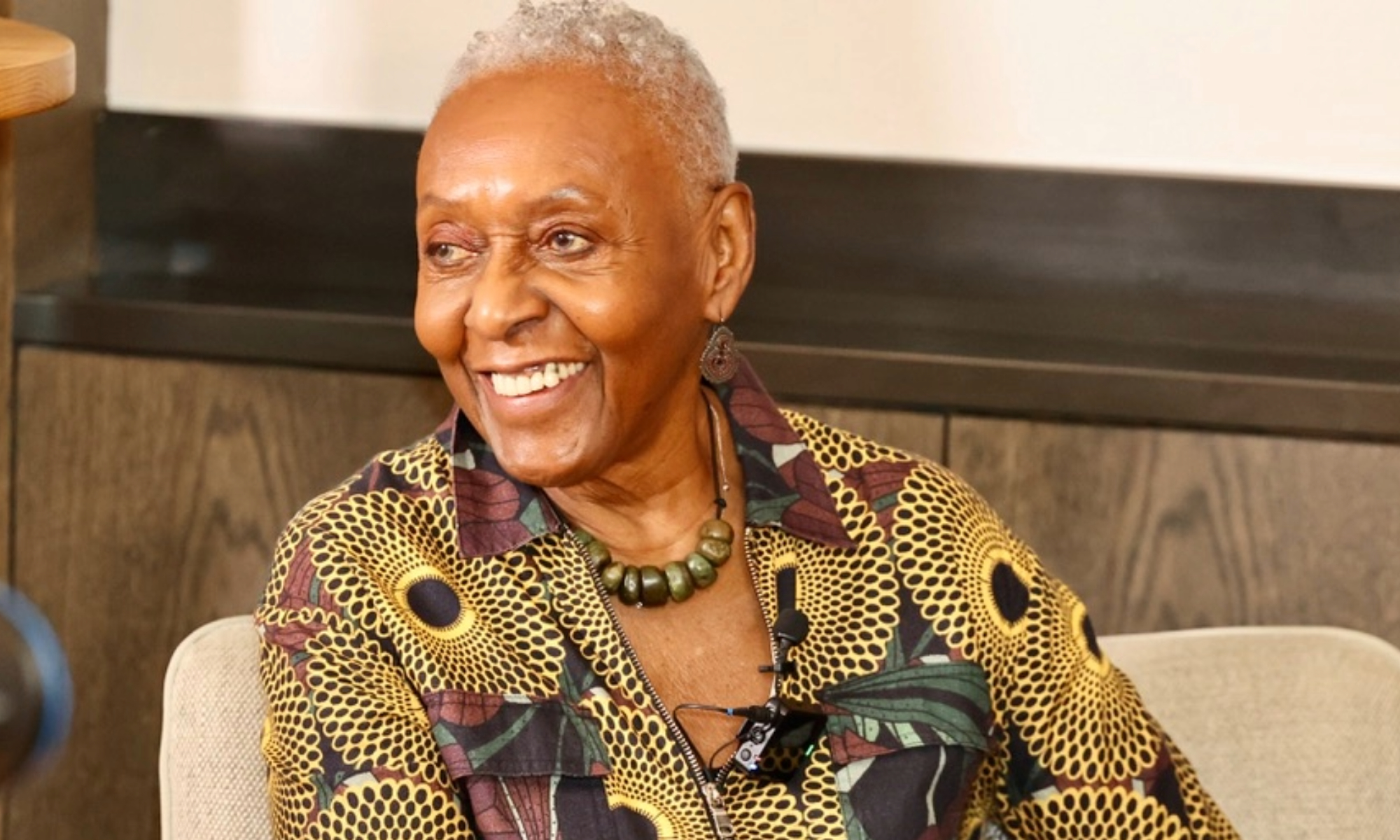She is the Voice Behind the Change: She walked at the Battle of Versailles Fashion Show in 1973, formed the game-changing Bethann Management Agency in 1984, supported rising runway stars with the Black Girls Coalition, and recently co-directed, alongside Dior and I’s Frédéric Tcheng, a documentary about her incredible career, titled Invisible Beauty.
The New York-born model, activist and pioneer, affectionately nicknamed “The Oracle” for her trailblazing work in democratising and diversifying fashion, who is in the midst of writing her memoir, Bethann Hardison was interviewed by our Committee Head, Karen Cummings-Palmer, for our first Fashion Minority Alliance…The Disruptors Interview about her enduring legacy, life lessons, joy and tequila at an intimate event.
Guests ranged from British fashion luminaries including Ozwald Boateng OBE, Bianca Saunders, Rene MacDonald, and Deborah Latouche alongside British Fashion Council CEO, Caroline Rush OBE, Eva Omaghomi CV, cultural agency founder Deborah Abadio, talent agent Dawn Mason, actors Pippa Bennett-Warner and Mika Simmons amongst others.
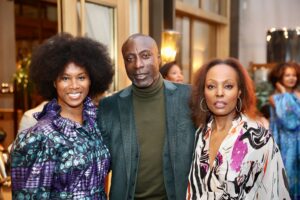
Hardison, in London for a special screening of her documentary, Invisible Beauty, which takes its title from a nod to Ralph Ellison’s 1952 novel Invisible Man, in which an unnamed Black man narrates what life is like for African Americans in the South. Hardison chose the name for what was originally planned as an exposé on the modeling industry; that project went dormant after years of trying to get it made. It was at the urging of friends that she turned the camera on herself while working on her upcoming memoir. “I was determined to keep the title because it just seemed like it made sense,” she told us.
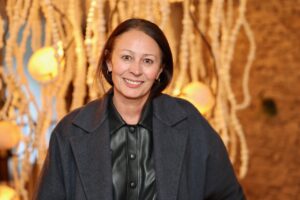
Much of Hardison’s life has been unintentionally extraordinary. Hardison (the mother of actor Kadeem Hardison) never dreamed of walking runways, yet one day in 1967 designer Willi Smith stopped her in her tracks in her neighbourhood and asked if she’d model for him — six years later, she walked in the historic Battle of Versailles Fashion Show, where U.S. designers used an unprecedented 11 Black models in their face-off against the French.
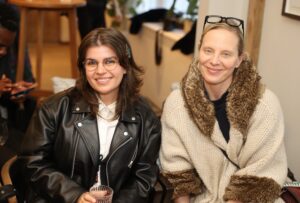
Hardison’s approach to diversity in the fashion industry was intentional from the start. By strategically building an agency that mirrored the diversity of the world around her, Hardison disrupted the norms of a predominantly white industry. “I didn’t want to have a Black model agency,” she says. “I think it’s very important when you have to compete, you have to compete against the people who are running it.” Her decision to compete directly with white agencies allowed her to challenge systemic biases from within, making representation a matter of strategy, not tokenism.
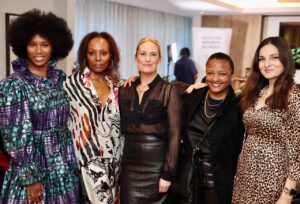
For much of her career, Hardison worked tirelessly to reflect on her impact: “When people come up to me and say, ‘Thank you so much. I love you. You’re such an icon,’ … When you’re doing the work, you don’t think of it as significant. You just want to get things done.” This humility is paired with a newfound appreciation for her legacy, which she gained while working on the documentary “Invisible Beauty.” “When I decided to make the film about me and let the story be told, I finally realised the significance of what I’ve done.”
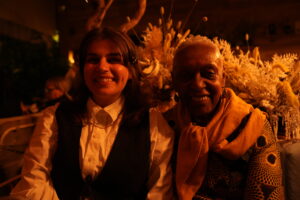
Hardison’s vision of diversity, like Fashion Minority Alliance, extends beyond racial representation. She advocates for a truly inclusive world and challenges the concept of homogeneity in all forms to ensure that diversity remains expansive and reflective of the world’s richness. “The most important thing to me is to make sure our world remains completely integrated,” she says. “I don’t want an all-Black anything; I want to see diversity everywhere.”
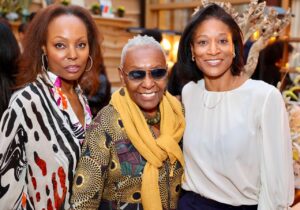
Bethann Hardison continues to be a beacon of change in the fashion world and beyond. Her relentless advocacy for diversity on the runway reminds us that representation matters in every arena. Grateful for her legacy and inspired to continue the journey and for being our very first Disruptor Interview guest.

